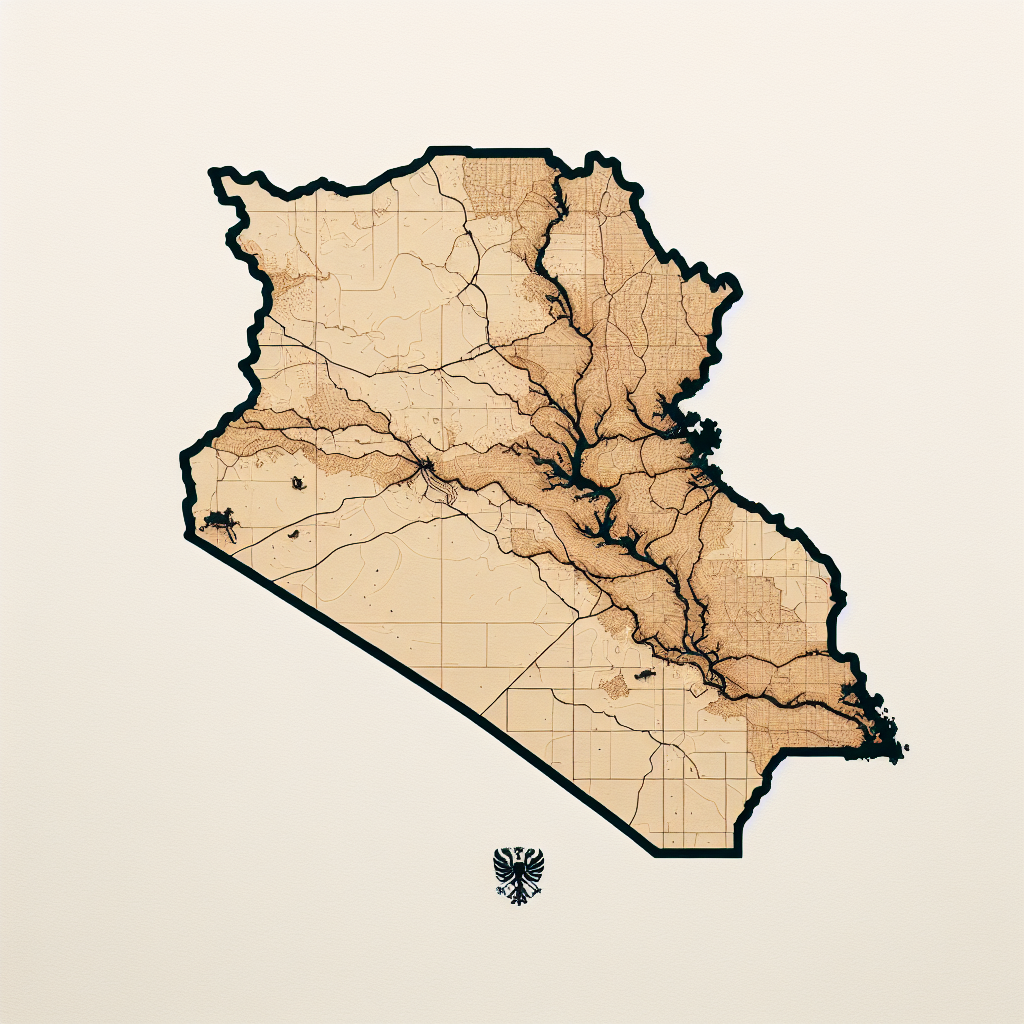FBAR Reporting Guide for Americans with Assets in Syria
Table of Contents
- Overview
- What is FBAR?
- Who Must File FBAR?
- Reporting Basics
- Syria FBAR & IRS Compliance
- 10 Key Points for Americans Filing FBAR with Syrian Assets
- Syria-Specific Reporting Requirements
- Additional Financial Assets and Income from Syria
- Compliance and Tax Considerations for Americans with Syrian Assets
- Frequently Asked Questions (FAQs)
- File Your FBAR Now
Overview
For many Americans, managing financial assets across borders is a nuanced reality, particularly for those with interests in Syria. The intricacies of the Foreign Bank and Financial Accounts Report (FBAR) requirements are a cornerstone of financial compliance.

What is FBAR?
The FBAR is a report filed with the Financial Crimes Enforcement Network (FinCEN), under the aegis of the U.S. Department of Treasury. It caters to U.S. persons holding financial interests in or having signature authority over foreign financial accounts, if the aggregate exceeds $10,000 at any time during the year.
Who Must File FBAR?
- U.S. Citizens: Including those holding Syrian assets.
- Lawful Permanent Residents: Irrespective of their country of residence.
- Foreign Nationals: Meeting the Substantial Presence Test in the U.S.
Reporting Basics
It’s the accumulated value across all foreign accounts that triggers the need for an FBAR filing, not just one account exceeding the $10,000 threshold.
Syria FBAR & IRS Compliance
Navigating the landscape of Syrian asset reporting to the IRS involves a keen awareness of IRS regulations and Syrian banking practices. Understanding how to report Syrian assets on FBAR for Americans and acquainting oneself with Syrian asset reporting requirements for US citizens is indispensable.

10 Key Points for Americans Filing FBAR with Syrian Assets
- Reporting is separate from your tax return.
- Deadline: Adhere to the April 15 deadline, with an automatic extension to October.
- Reporting threshold: The aggregate $10,000 threshold is pivotal.
- Consider every account: All Syrian financial accounts where you have an interest or authority must be considered.
- Penalties for non-compliance are stern.
- Joint accounts with non-U.S. persons also warrant reporting.
- Signature authority means you’re obligated to report.
- Diverse accounts, including savings, deposits, and investments, need disclosure.
- Amending past filings is possible if omissions are discovered.
- Compliance employs precision, similar to carving down a slope or refining a golf swing.
Syria-Specific Reporting Requirements
- Accounts in Syrian banks, including savings and checking accounts.
- Investments in Syrian mutual funds or securities.
- Ownership interests in Syrian corporations or partnerships.
- Signature authority over business accounts in Syria.
- Syrian pension plans and retirement accounts.
- Safe deposit boxes in Syrian financial institutions.
- Syrian life insurance or annuities with cash value.
- Direct or indirect authority over Syrian financial accounts.
- Account in joint ownership with Syrian residents.
- Financial instruments held in Syrian financial institutions.
Additional Financial Assets and Income from Syria
- Capital gains from Syrian property sales.
- Rental income from properties in Syria.
- Income from employment or business operations in Syria.
- Interest and dividends from Syrian securities.
- Pensions and retirement distributions from Syrian plans.
Compliance and Tax Considerations for Americans with Syrian Assets
- Understand and apply FATCA regulations for Syrian accounts.
- Navigate the nuances of U.S.-Syria tax treaties.
- Adhere to Syrian banking and financial regulations.
- Claim foreign tax credit to avoid double taxation.
- Consider foreign earned income exclusion.
- Discern reporting requirements for specific account types.
- Familiarize with amnesty programs for past non-compliance.
- Annual review of foreign financial assets is prudent.
- Engage with a tax professional for complex situations.
- Stay informed on changes in U.S. and Syrian tax laws.
- Evaluate the impact of major financial decisions on FBAR.
- Plan for the submission of delinquent FBARs if necessary.
Frequently Asked Questions (FAQs)
Do Syrian tax laws affect my FBAR filing?
Yes, while FBAR is a U.S. requirement, understanding Syrian tax laws is crucial for accurate reporting.
What if my Syrian assets are below the $10,000 threshold?
If the aggregate value of all foreign financial accounts exceeds $10,000 at any point, you must file an FBAR.
Can I be penalized for late FBAR filing?
Yes, penalties for late or non-filing can be significant.
How can I correct a previously filed FBAR?
You can file an amended report through the FinCEN website.
Are Syrian retirement accounts reportable?
Yes, if the total across all foreign accounts exceeds $10,000.
What happens if I don't file?
Non-compliance can lead to monetary penalties and legal consequences.
How does joint ownership affect FBAR filing?
You need to report the full value of jointly owned accounts.
Can I file FBAR electronically?
Yes, FBAR must be filed electronically through FinCEN's e-filing system.
Do I need professional help to file an FBAR?
While not mandatory, consulting with a tax professional can provide clarity and ensure compliance.
How can I learn more about compliance?
Stay updated through IRS publications and seek professional advice as needed.
File Your FBAR Now
Navigating the intricate requirements for Americans with Syrian assets underscores the vitality of comprehensive understanding and timely action. Crafting your financial narrative with precision ensures that your overseas adventures remain compliant and penalty-free. Remember, in the realm of international finance and taxation, being ahead is the only way to be. Ensure your peace of mind by addressing your FBAR obligations today.
